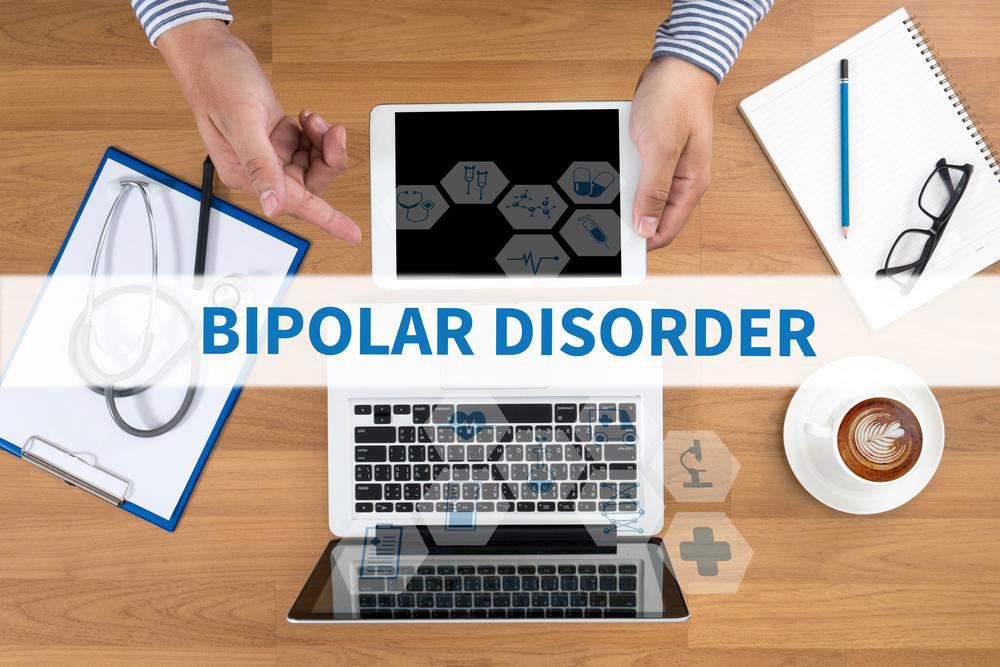Effective Strategies for Managing Depression and Bipolar Conditions
Discover effective treatment options for depression and bipolar disorder, including medication, psychotherapy, and support programs. Learn how these strategies help manage symptoms, reduce relapse risks, and improve quality of life for affected individuals. Emphasizing the importance of professional guidance and consistent treatment, this overview provides essential insights into managing mood disorders effectively.
Sponsored

Common approaches to treating depression and bipolar disorders
Bipolar disorder is characterized by drastic shifts in mood, thoughts, and behavior. Also called manic-depressive illness, it involves episodes of intense depression or mania. Patients often experience rapid mood changes, impacting work, study, and relationships. Although a complete cure is elusive, managing the condition is possible through various treatments. Combining medication with psychotherapy offers the best results to control symptoms and improve quality of life.
Medications are pivotal in treatment, helping stabilize mood swings over time. Consistency with prescribed drugs is vital, as skipping doses increases relapse risk. In addition, outpatient programs provide counseling and support, aiding symptom management. Hospitalization may be necessary if there are suicidal tendencies or dangerous behaviors. Psychological therapies, including psychoeducation and cognitive behavioral therapy, help patients understand and manage their condition effectively.
Medications such as mood stabilizers, antipsychotics, antidepressants, and anti-anxiety drugs are tailored based on individual needs, prescribed by trained healthcare professionals. Psychotherapies like IPSRT focus on establishing regular routines, while family therapy emphasizes support in early intervention to prevent relapses. Side effects of treatments can include tremors, nausea, weight fluctuations, and increased thirst, requiring ongoing medical supervision.





